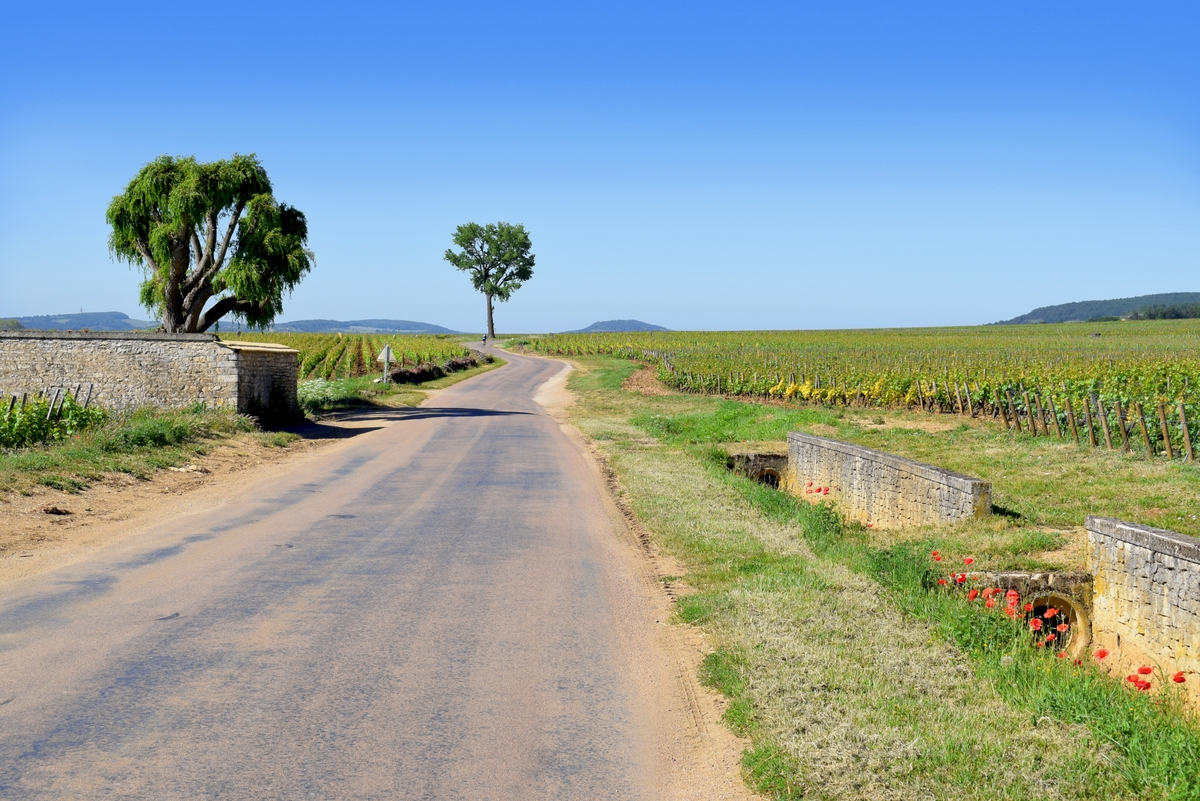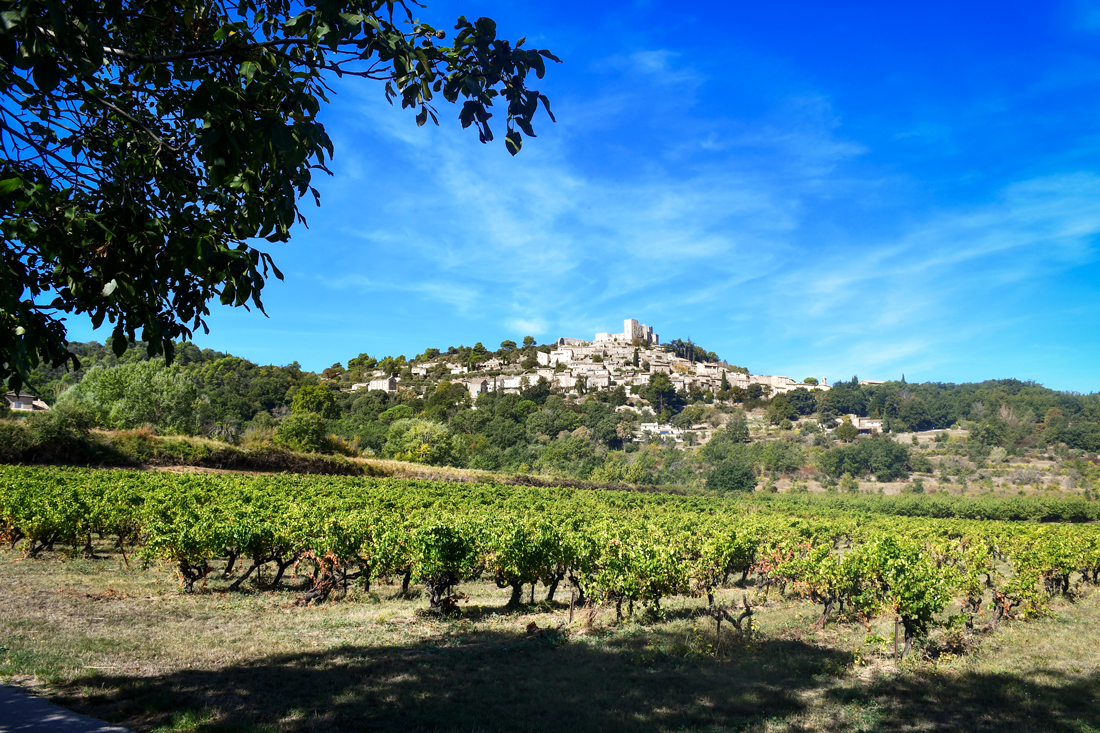“Douce France”, performed by Charles Trenet, is a nostalgic and heartfelt ode to the France of his childhood. Written during a turbulent period in French history, the song resonates with a deep longing for the peace and innocence of earlier days. It celebrates the simple yet profound joys of his youthful experiences in rural France.
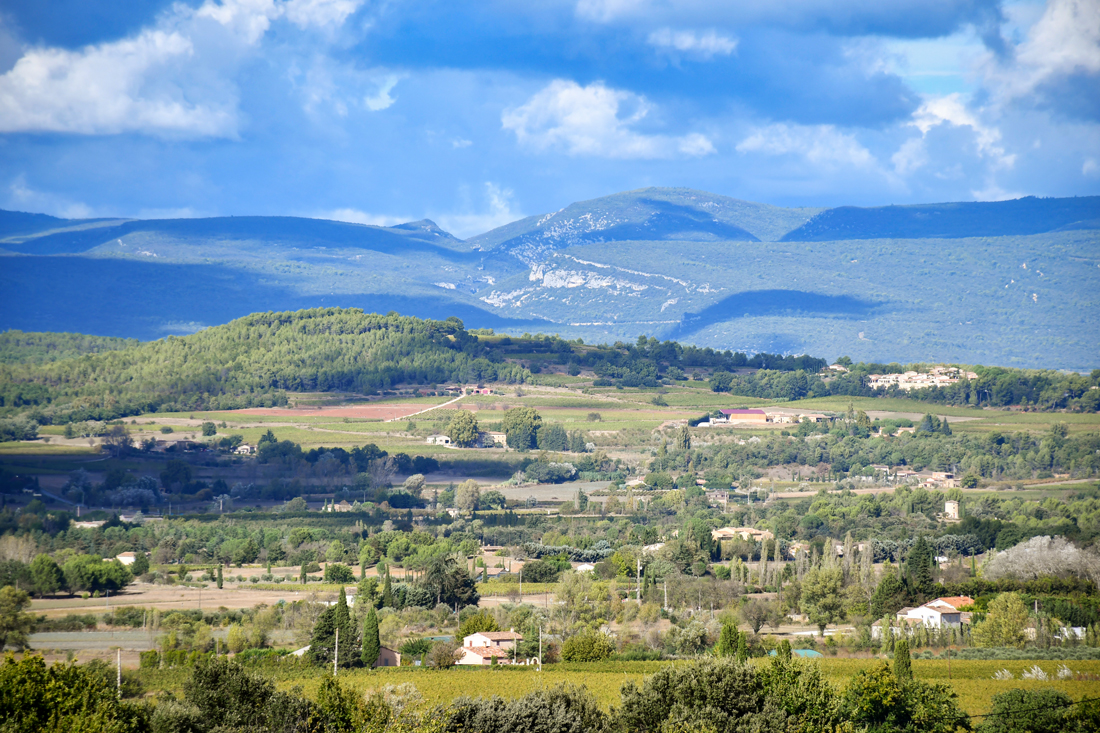
About the song “Douce France”
“Douce France” is a beloved French song written and performed by Charles Trenet.
Initially recorded in 1943 during World War II, the song is an evocative tribute to France, imbued with nostalgia and a deep patriotism.
The context of its creation—amid the hardships of the war and the German occupation of France—adds a poignant layer to its lyrics and melody.
Lyrics and Theme
The lyrics of “Douce France” express a tender affection for France, reflecting on the beauty of the French countryside and the fond memories associated with it.
Trenet’s lyrics speak of returning to his youth’s peaceful and idyllic places, which starkly contrast to the turmoil of the war period.
The song serves as a nostalgic reminder of the tranquil and pastoral life many French people longed to return to during those difficult times.
Cultural Impact
“Douce France” quickly symbolised hope and resilience for the French people during and after the war.
It evoked a collective memory of a simpler, peaceful past and a wish for that peace to return.
Over the years, the song has retained its significance in French culture, often seen as an anthem of national pride and nostalgic longing.
Musical Style
Musically, the song is characteristic of Trenet’s style, which is lyrical, melodic, and infused with a poetic quality.
His performance of the song is marked by his distinctive voice and precise, passionate delivery, which perfectly complements the song’s reflective and heartfelt lyrics.
“Douce France” remains one of Charles Trenet’s most famous and enduring works. It is celebrated not only as a piece of music but also as a cultural artefact that captures a particular moment in French history.
It is often covered and referenced in various forms of media, highlighting its ongoing relevance and resonance within the French collective consciousness.
Cover versions
“Douce France,” originally performed by Charles Trenet, has seen various covers and adaptations, each bringing its unique interpretation and cultural twist to this beloved song. The track’s journey through various genres and eras reflects its enduring appeal and ability to resonate across different musical styles and societal contexts.
One of the earliest covers was by Roland Gerbeau in 1944, shortly after the song’s release.
The song was humorously adapted in 1962 by Obélix in the comic book “Asterix and the Golden Sickle” (La Serpe d’or), where it was transformed into “Douce Gaule,” reflecting the playful and localized adaptation of the lyrics.
In the 1960s, Juliette Gréco, a prominent figure in French chanson, covered the song and included it in her 1964 album “Les Grandes Chansons de Juliette Gréco”. This version stayed true to the song’s roots, emphasizing its lyrical beauty and emotional depth.
The 1980s saw a unique interpretation by Rachid Taha and his band Carte de séjour in 1986. Their version symbolised a diverse and anti-racist youth, coinciding with significant debates in the French parliament regarding the Nationality Code. This cover highlighted the song’s potential as a vehicle for social commentary and change.
Throughout the 1990s and 2000s, “Douce France” was revisited by various artists across different genres. In 1997, Orkest Polytour included it in their album “Le Roi des jongleurs”, and in 2003, Les Pommes de ma douche featured it on “Y va tomber des cordes!”
Carla Bruni adapted The song into Italian for her 2011 album “Little French Songs,” showcasing its appeal beyond French-speaking audiences.
More traditional renditions came from Guy Marchand in 2012 and Jean-Jacques Debout in 2014, each celebrating the song’s nostalgic qualities in their albums focused on the music of their youth.
In 2021, “Douce France” was covered by the group Pomplamoose and John Tegmeyer, indicating the song’s timeless allure and ability to engage artists from different cultural backgrounds and musical disciplines.
This range of covers honours the original’s spirit and illustrates how “Douce France” has become a canvas for artists to express their artistic style and societal messages.
Literary references in “Douce France”
“Douce France,” with its evocative and nostalgic portrayal of the French countryside and simpler times, can be linked to several literary traditions and specific works that celebrate pastoral life, national identity, and personal memory.
Here are a few potential literary references and inspirations that resonate within Charles Trenet’s song:
Pastoral Poetry and Romanticism
The pastoral tradition in literature, which idealises rural life and nature as idyllic and peaceful, could be seen as a significant influence on “Douce France.”
This tradition can be traced back to classical poets like Virgil, whose “Eclogues” depict an idealised countryside.
This theme is also prevalent in Romantic poets, such as William Wordsworth, whose poems often glorify nature and reflect on the human connection to the landscape as a source of spiritual sustenance and identity.
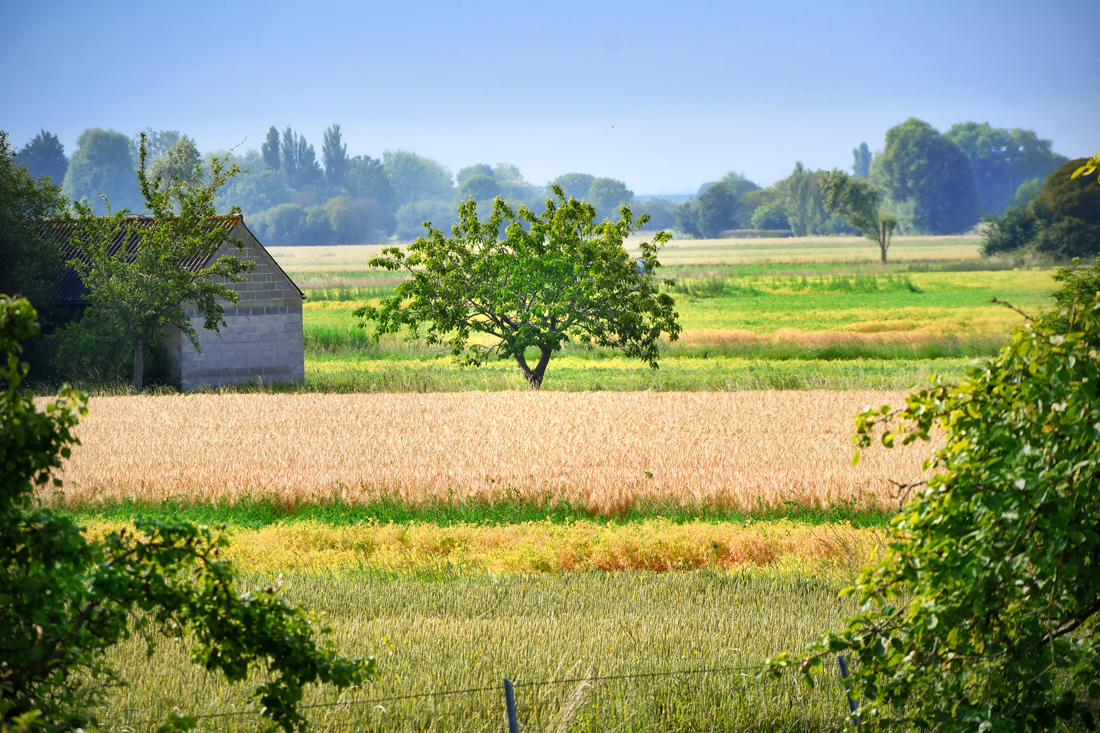
French Realist and Naturalist Literature
French literature from the 19th century, notably by authors like Marcel Proust and George Sand, often reflects themes of memory, place, and identity.
Proust’s “In Search of Lost Time” is particularly relevant for exploring involuntary memory triggered by simple sensory experiences — similar to how Trenet’s song reminisces about childhood through sensory-laden memories of the French landscape.
Symbolism and Impressionism
The Symbolist movement in French poetry, represented by poets like Charles Baudelaire and Paul Verlaine, often used landscapes and urban scenes to convey deeper emotions and states of mind.
Trenet’s anthropomorphic treatment of the landscape, where the country becomes a character imbued with emotions and memories, aligns with Symbolist tendencies.
French Nationalist Literature
During times of national crisis, such as the French Resistance in World War II, literature and music often take on a patriotic tone, idealising the homeland as a place of inherent virtue and beauty worth defending.
“Douce France” can be viewed within this context as a piece fostering national unity and pride, invoking a collective nostalgia for a France untarnished by occupation and war.
These literary traditions contribute layers of depth to “Douce France”, enriching its simple lyrics with a complex tapestry of cultural, historical, and emotional meanings that resonate with listeners’ experiences and feelings about their homeland or childhood places.
Trenet’s song, therefore, is not just a musical composition but a poetic narrative that captures the essence of French cultural and literary identity.
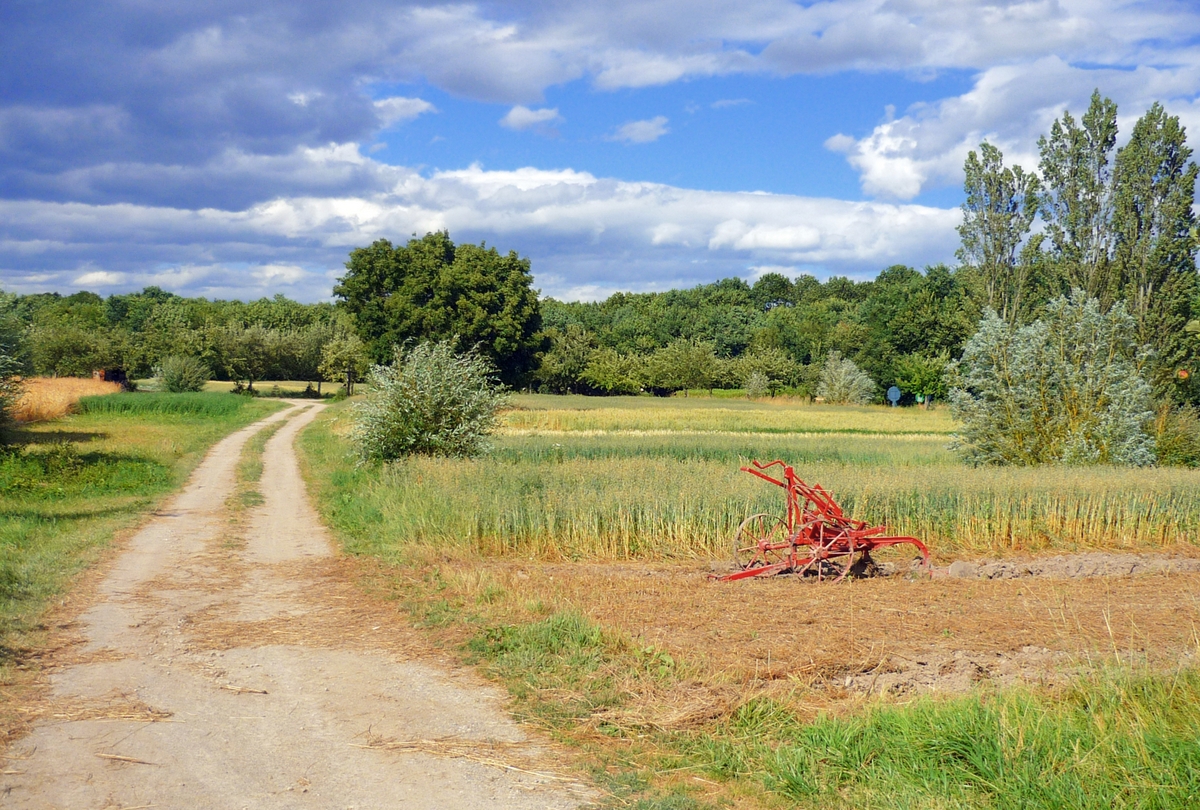
“Douce France” and more literary connections
Building upon the initial analysis of “Douce France,” the song by Charles Trenet can be connected to a rich vein of French literary tradition, drawing inspiration from a lineage of works expressing deep national sentiment and personal nostalgia. Here are expanded thoughts on how these literary connections might enrich our understanding of Trenet’s lyrics:
“La Chanson de Roland”
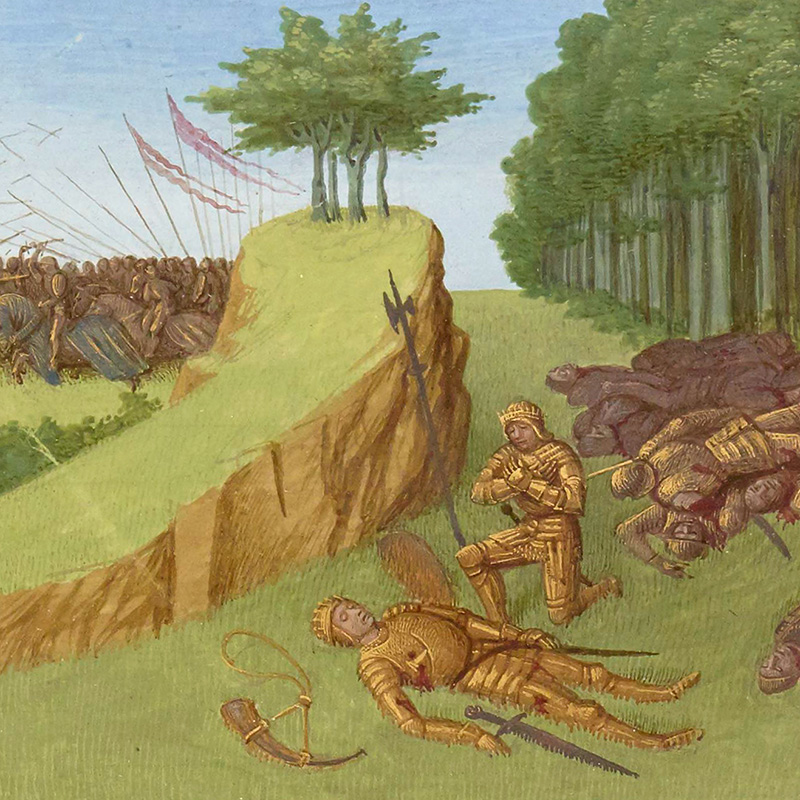
Medieval Roots of Nationalism: The song title and thematic elements in “Douce France” can be traced back to medieval texts like “La Chanson de Roland,” a foundational piece of French literature. This epic poem, dated around 1080, is perhaps the earliest instance where the phrase “douce France” is articulated. In the poem, the term is employed by the dying hero, Roland, as he reflects on his homeland with deep affection and poignant nostalgia. This connection underscores a long-standing tradition of viewing France not merely as a geographical entity but as an emotionally charged symbol of cultural and familial bonds.
Joachim du Bellay
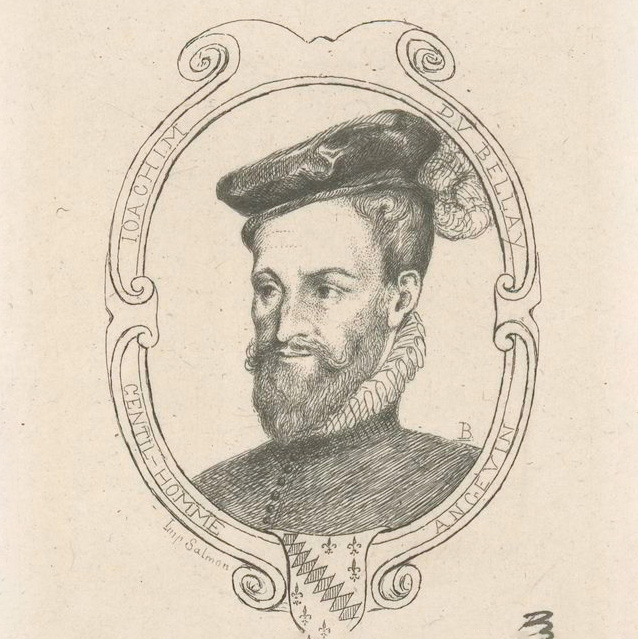
Renaissance Reflections on Home: Du Bellay’s “Heureux qui comme Ulysse” from his collection “Les Regrets”, echoes through centuries as a lament for and celebration of one’s homeland. Written around 1555, the poem articulates the ache of exile and the comfort of home, particularly highlighting the “douceur Angevine” (sweetness of Anjou). This connects with “Douce France” in its evocation of specific local landscapes that carry emotional weight, reinforcing the idea that personal and national identities are deeply intertwined with the physical and cultural landscapes of one’s youth.
Paul Verlaine
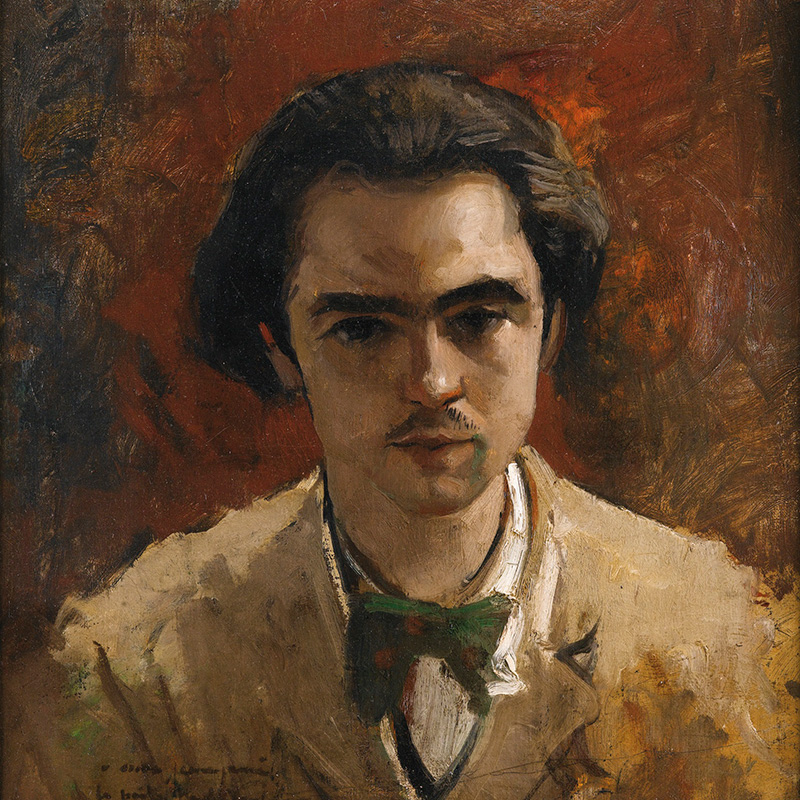
Symbolism and Impressionism: Verlaine’s “Romances sans paroles” (Romances without Words), published in 1874, is noted for its lyrical abstraction and emotional intensity, qualities that resonate in Trenet’s mention of singing “romances sans paroles” on his way to school. This reference points to a specific literary work. It situates Trenet within a tradition of French poetry that values emotional expression and nuanced, often melancholic reflection on love, loss, and memory.
Summary
These literary references suggest that “Douce France” is more than a nostalgic song; it is a cultural artefact that bridges centuries of French literary output.
It encapsulates a collective memory and identity, drawing on deep wells of national pride, personal nostalgia, and literary expression.
By evoking these connections, Trenet pays homage to these traditions and reaffirms the enduring power of literature and music to articulate complex emotional landscapes and national sentiments.
This song, therefore, stands as a testament to the resilience of cultural memory and its capacity to convey profound truths about human attachment to place and the past.
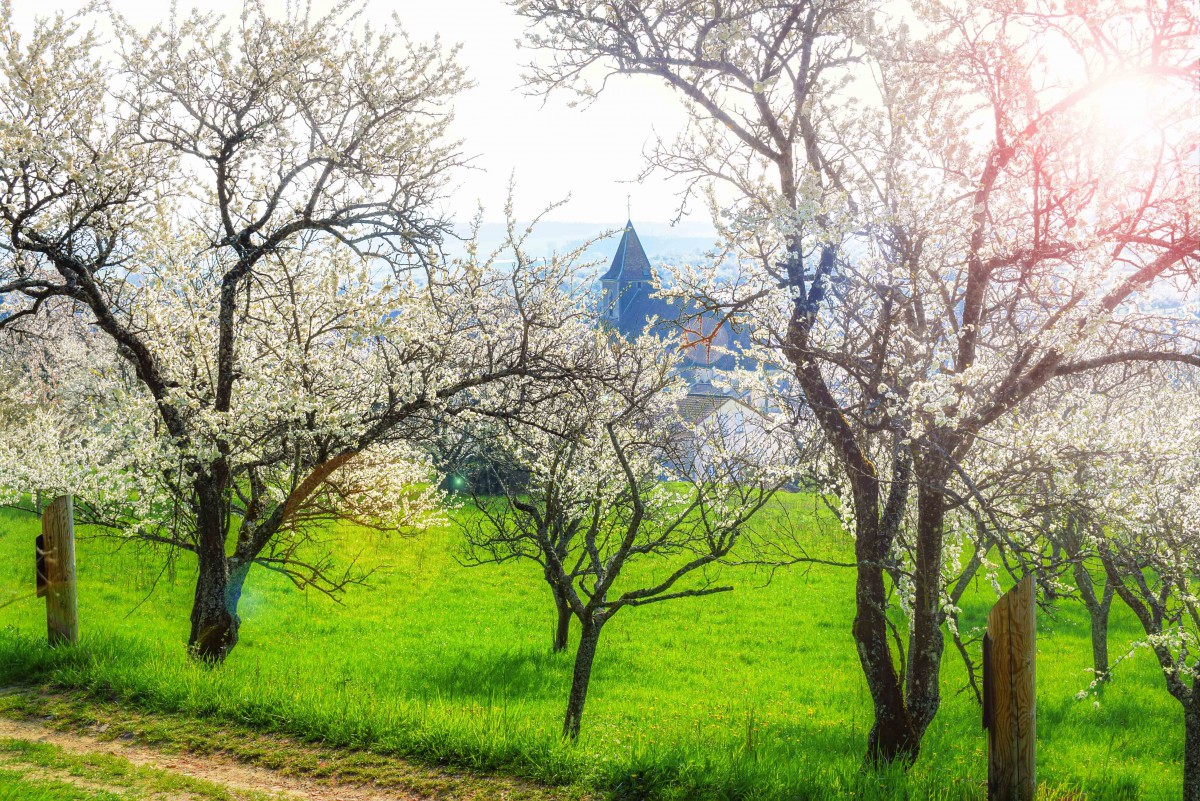
An analysis of the French lyrics
Trenet’s lyrics celebrate the landscapes of France while invoking the emotional weight of memory. He reminisces about his youthful experiences in rural France, capturing the simple yet profound joys in everyday moments.
Through its poetic language and passionate delivery, “Douce France” transcends the simple tribute, becoming a cultural artefact that links personal memory with national identity.
The chorus, “Douce France, Cher pays de mon enfance,” repeatedly affirms Trenet’s love for France, reflecting both the personal nostalgia and the broader national sentiment.
This emotional declaration is supported by references to the landscapes that historically and culturally shaped the French consciousness.
Read the French lyrics of “Douce France”.
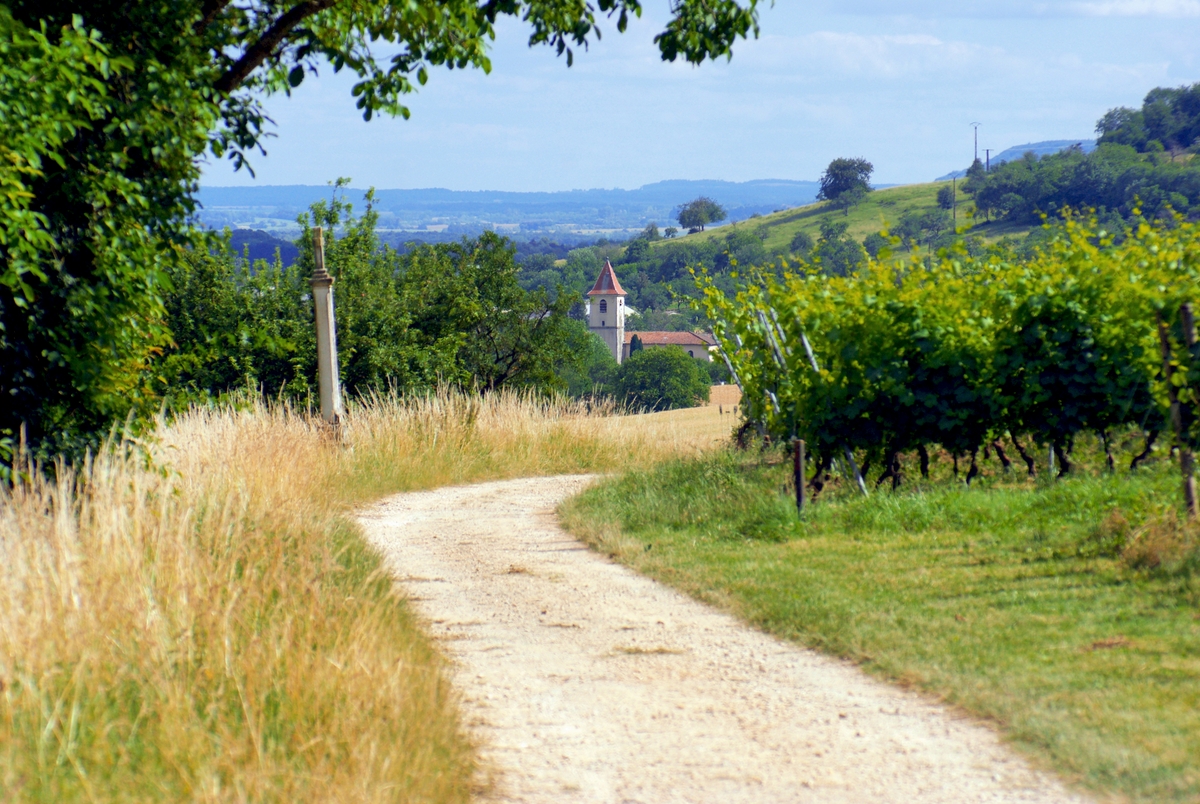
Opening Verses
The song begins with Trenet recalling the vivid memories of his youth, particularly his days as a schoolboy.
He reminisces about singing songs as he walks to school, evoking a sense of joy and carefree innocence.
The reference to his “blouse noire” (black smock), typical of French school uniforms, immediately anchors these memories in a specific time and place, making them relatable to many of his contemporaries.
Chorus – “Douce France”
The chorus, “Douce France, Cher pays de mon enfance” (Sweet France, dear country of my childhood), is a tender declaration of his enduring love for France.
The term “berceau de tant d’insouciance” (cradle of so much carelessness) captures the essence of childhood as a time of freedom and lack of worries.
This nostalgic refrain is repeated throughout the song, emphasizing his emotional connection to these memories and his homeland.
Contrast with Other Landscapes
Trenet contrasts his experiences abroad with the landscapes of France, stating that despite seeing beautiful and wonderful sights around the world, he prefers the familiar and comforting features of his home—”mon ciel bleu, mon horizon” (my blue sky, my horizon).
This section underscores a common theme in nostalgic songs: no matter how grand or exotic other places are, they do not compare to the emotional significance of home.
Reaffirmation of Love
The lyrics, “Oui, je t’aime, Et je te donn’ ce poème” (Yes, I love you, And I give you this poem), reaffirm his love for France.
The entire song is framed as a poetic gift, a tribute to the country that shaped his early years.
This sentiment is compelling given the historical context, as it was written during World War II when France was under occupation.
Last Verses
Interestingly, the last verses of the song, which mention the “temps du muguet” (time of the lily of the valley), reflect on the fleeting nature of this season, much like the fleeting nature of youth.
These lines do not appear in traditional “Douce France” versions and might be intermingling with another song or a later addition.
Still, they enhance the theme of transient beauty and the lasting impact of youthful memories.
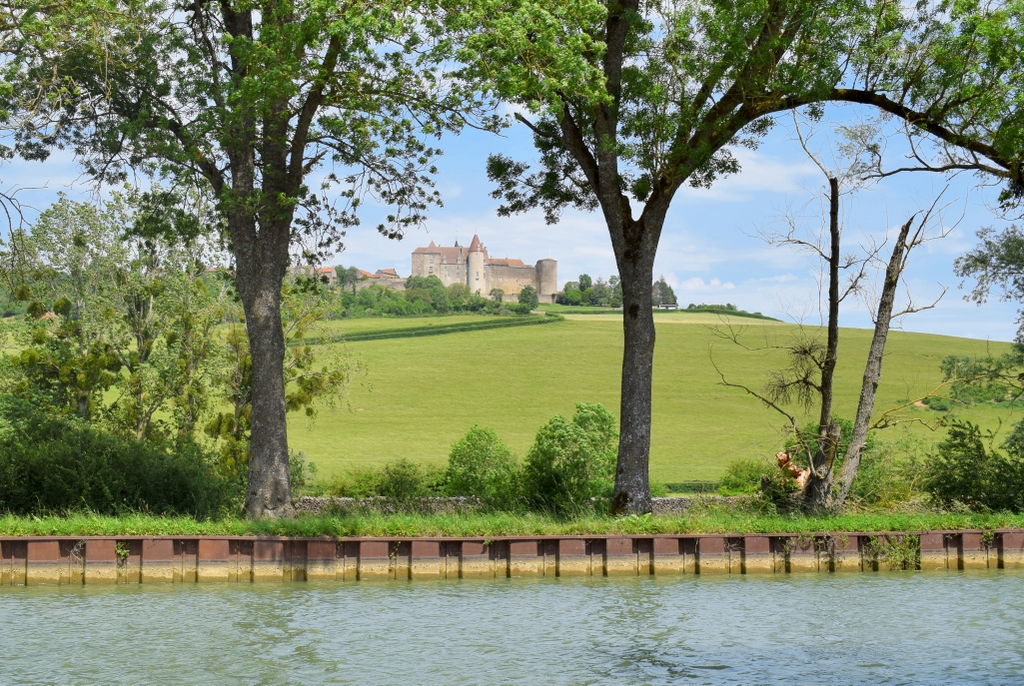
Conclusion
“Douce France” by Charles Trenet, with its deep literary roots and emotional resonance, stands as a testament to the power of music and poetry to articulate the complex relationships people have with their homeland.
It bridges centuries of French literary output, from the medieval epics to Renaissance sonnets and beyond, showcasing how cultural and personal identities are interwoven with the physical and cultural landscapes.
The song not only evokes the beauty of France but also reinforces the enduring connection between the French people and their history through the universal language of nostalgia and love.
